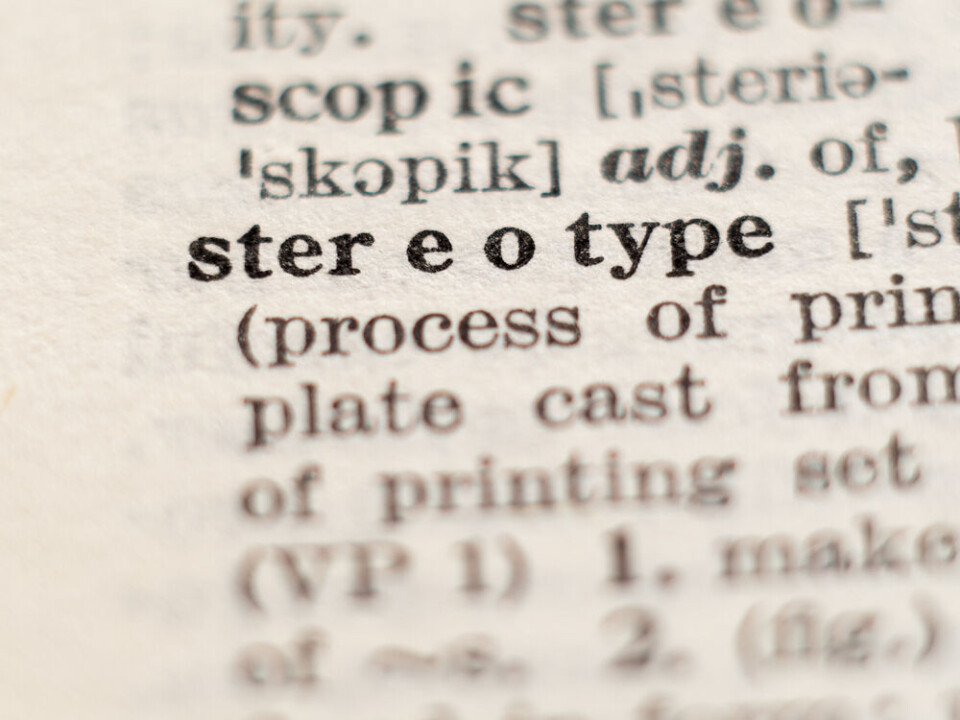-
Letters: The reality of finding a new doctor or dentist in France
Finding a replacement is nigh impossible, says Connexion reader in Lot-et-Garonne
-
The magic of mayonnaise: Why a homemade emulsion always woos guests in France
Plus, which shop-bought mayo brand is best?
-
Easter traditions across France: From rattles and hooded processions to giant omelettes
Regional Pâques celebrations highlight France’s cultural diversity
French people are not rude, just direct
Cultural differences have created this stereotype

The alleged rudeness of French people is undoubtedly one of their most enduring stereotypes, but is there any truth to it or is it just cliché?
Having recently moved here I would argue it is down to cultural differences.
It is important to remember that what is considered impolite in one place may be a common, acceptable practice in another.
Therefore, while some of these attitudes may be deemed unacceptable where you are from, they can be completely normal in France. It is just something to be aware of when choosing to visit or live here.
Rather than holding onto the belief that all French people are rude, a more constructive approach may be to consider their rules for social interactions and learn to adapt.
Comments can be very direct
Compared to British culture, French people can be rather direct. This can simply be put down to the fact that – unlike many of us – they have no difficulty in saying exactly what they think.
Criticisms can be much blunter, without precautions to protect feelings and without hesitating to express frustration.
This is because French people feel they have every right to say what they think for two reasons; the first being they are allowed to give their personal opinion, the second being if what they are saying is true in their view.
In fact the idea of saying something which is not meant, for example, “we must do this more often,” to someone you do not wish to see again is a source of endless confusion for the French.
They would much rather make their real feelings be known, or at least just say nothing at all, than say something they do not actually believe.
Similarly, when living amongst the French one quickly realises that if it is the truth, it is not rude – the notion that something is factual apparently removes any perceived offence which may come with it.
My sister-in-law’s friend told her she was looking “fatter than usual.” Rather than being upset my sister-in-law thanked her for the observation.
So do not expect niceties or white lies to soften a negative comment, because if it is true they feel they are at liberty to tell you and in some circumstances thanks may even be expected.
Less small talk
With the French not even giving false compliments to their friends and family, the idea of small-talk with strangers is just unimaginable.
If you have just moved to France and are trying to meet people this can come across as unfriendly, but the French are just much more wary, only opening up when they get to know someone.
Just to confuse matters more and despite not making small-talk, French etiquette means all daily interactions start with “Bonjour Madame/Monsieur” whether the person is known or not.
This means that you must politely greet anyone you encounter; but not necessarily try to start a conversation after that.
Since living in France I have realised that the reputation of French people being rude can simply be due to cultural differences.
I have found they tend to be more direct and not so overly cheerful in their daily interactions; French people are generally more private.
This is not an expression of like or dislike, it may just need more time for them to become friends. If they do not c’est la vie.
Read also
Talking point: Is it really offensive to say ‘the French’?
‘Do not correct me everytime I murder the French language’
























